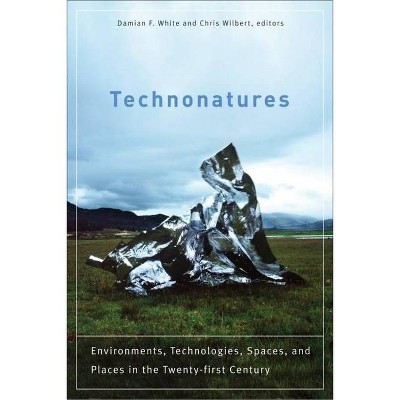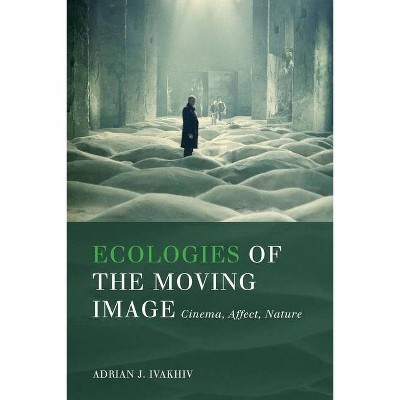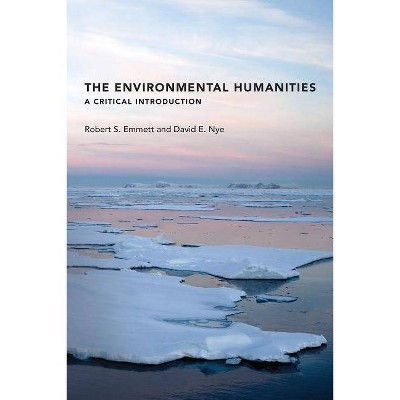Technonatures - (Environmental Humanities) by Damian F White & Chris Wilbert (Paperback)

Similar Products
Products of same category from the store
AllProduct info
<p/><br></br><p><b> Book Synopsis </b></p></br></br><p> Environmentalism and social sciences appear to be in a period of disorientation and perhaps transition. In this innovative collection, leading international thinkers explore the notion that one explanation for the current malaise of the "politics of ecology" is that we increasingly find ourselves negotiating "technonatural" space/times. International contributors map the political ecologies of our technonatural present and indicate possible paths for technonatural futures. </p> <p> The term "technonatures" is in debt to a long line of environmental cultural theory from Raymond Williams onwards, problematizing the idea that a politics of the environment can be usefully grounded in terms of the rhetoric of defending the pure, the authentic, or an idealized past solely in terms of the ecological or the natural. In using the term "technonatures" as an organizing myth and metaphor for thinking about the politics of nature in contemporary times, this collection seeks to explore one increasingly pronounced dimension of the social natures discussion. Technonatures highlights a growing range of voices considering the claim that we are not only inhabiting diverse social natures but that within such natures our knowledge of our worlds is ever more technologically mediated, produced, enacted, and contested. </p><p/><br></br><p><b> Review Quotes </b></p></br></br><br>Environmental sociologists and geographers will find this book entertaining and enlightening as well as sugggestive of new ways of looking at the environment.--A.A. Hickey "CHOICE, April 2010"<br><br>This anthology probes the changing relationships between society and the natural environment. It examines the popular sense that environmentalists have lost their way. How have they failed to appeal to broad publics? Why have public perceptions of environmental risk and climate change not been translated into political will? <i>Technonatures</i> shows the different ways that nature increasingly reflects human interventions--from medical innovations to agricultural and conservation practice to the continental scale of the impacts of human-introduced pests. This is a book that offers lucid insights and will appeal to a broad audience.--Rob Shields<br>
Price History
Price Archive shows prices from various stores, lets you see history and find the cheapest. There is no actual sale on the website. For all support, inquiry and suggestion messagescommunication@pricearchive.us




















